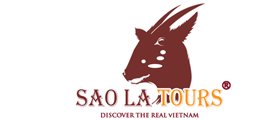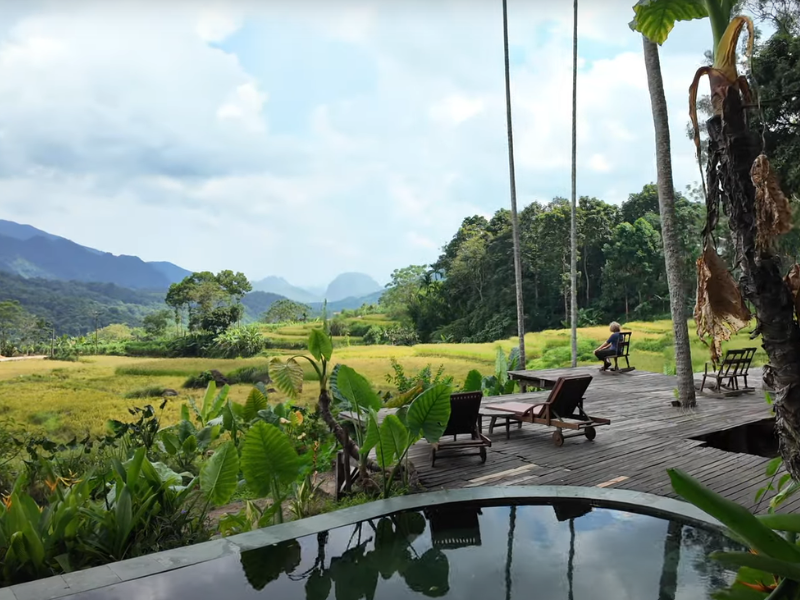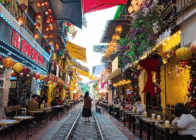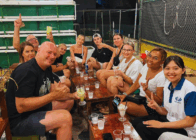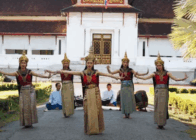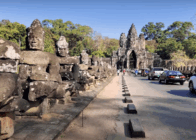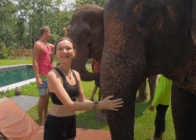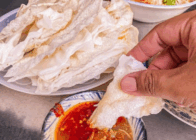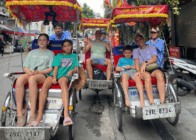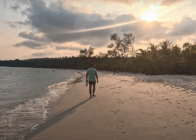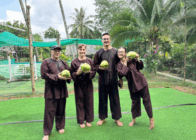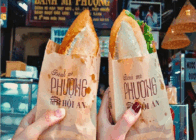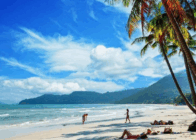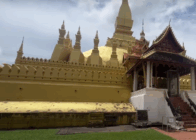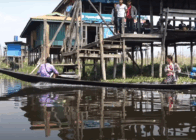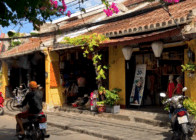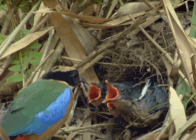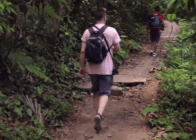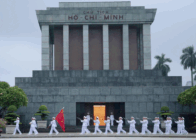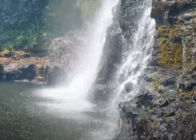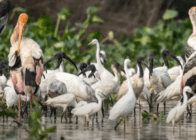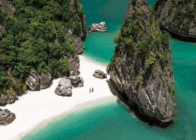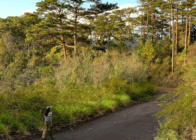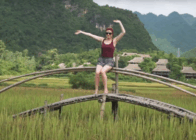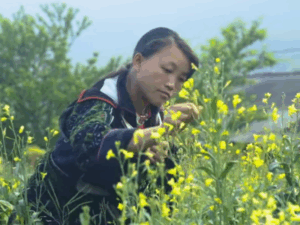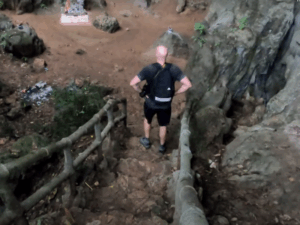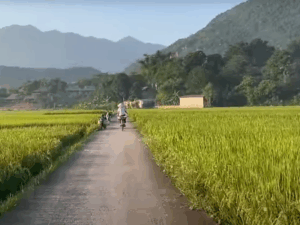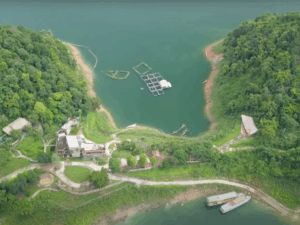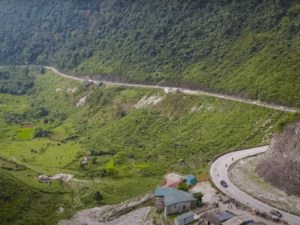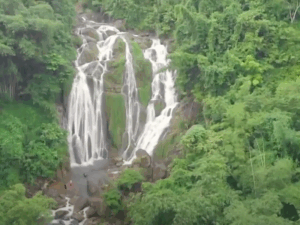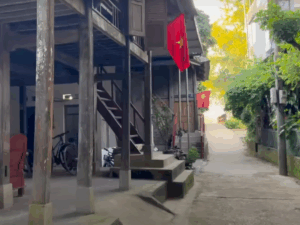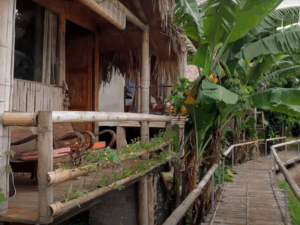Nestled in the heart of Vietnam’s Thanh Hoa province, Pu Luong Nature Reserve is a hidden gem for eco-tourists and nature enthusiasts alike. Spanning over 17,600 hectares, this pristine reserve is a haven of biodiversity, cultural richness, and breathtaking landscapes. From terraced rice fields and verdant forests to serene rivers and majestic mountains, Pu Luong offers a unique escape from the hustle and bustle of urban life. It’s a place where you can reconnect with nature, experience authentic Vietnamese culture, and contribute to sustainable tourism.
The Biodiversity of Pu Luong
Pu Luong Nature Reserve is a biodiversity hotspot, home to a wide variety of flora and fauna. The reserve’s lush forests are teeming with plant species, including rare medicinal herbs, orchids, and towering hardwood trees. The diverse ecosystem supports an array of wildlife, from elusive mammals like the clouded leopard and the black giant squirrel to vibrant bird species such as the red-collared woodpecker and the white-winged magpie.
The rivers and streams in Pu Luong are also rich in aquatic life, providing habitats for fish, amphibians, and invertebrates. The karst landscape, characterized by limestone peaks and caves, adds another layer of ecological complexity, housing unique cave-dwelling species.
Efforts to preserve this biodiversity are paramount, as many species in Pu Luong are endangered or vulnerable. Conservation initiatives focus on protecting habitats, combating illegal logging and hunting, and promoting eco-friendly tourism practices that minimize human impact on the environment.
Eco-Friendly Travel Tips
Traveling responsibly is essential to preserving the natural beauty and cultural heritage of Pu Luong. Here are some practical tips for eco-friendly travel in the reserve:
Reduce Waste: Bring reusable water bottles, bags, and utensils to minimize plastic waste. Avoid single-use items and dispose of your trash responsibly.
Respect Wildlife: Observe animals from a distance without disturbing their natural behaviors. Do not feed wildlife or remove plants and animals from their habitats.
Support Local Businesses: Choose locally-owned accommodations, eateries, and tour operators to contribute to the local economy and promote community-based tourism.
Conserve Resources: Use water and electricity sparingly. Opt for accommodations that implement sustainable practices, such as solar energy and water recycling.
Leave No Trace: Follow the “leave no trace” principles by staying on designated trails, camping only in permitted areas, and leaving natural and cultural features undisturbed.
By following these tips, you can help ensure that Pu Luong remains a pristine and vibrant destination for future generations.
Activities for Nature Lovers
Pu Luong Nature Reserve offers a plethora of activities for nature enthusiasts, each providing a unique way to experience the reserve’s natural beauty and cultural richness.
Trekking
Trekking is one of the most popular activities in Pu Luong, with trails that cater to all levels of hikers. The trek from Don Village to Kho Muong Village is particularly famous, offering stunning views of terraced rice fields, bamboo forests, and traditional stilt houses. For a more challenging hike, consider the route to the peak of Pu Luong Mountain, where you’ll be rewarded with panoramic vistas of the entire reserve.
Bird-Watching
With its diverse avian population, Pu Luong is a paradise for bird-watchers. The best spots for bird-watching include the forests around Hieu Village and the Ban Don Valley. Look out for rare species like the chestnut-necklaced partridge and the Indochinese green magpie.
Cultural Experiences
Engage with the local Thai and Muong communities to gain insights into their traditional way of life. Participate in activities such as rice farming, textile weaving, and traditional cooking. Visiting local markets and attending cultural festivals are also great ways to immerse yourself in the local culture.
Caving
Explore the karst landscape of Pu Luong by visiting its limestone caves. Kho Muong Cave is one of the most accessible and impressive, featuring stunning stalactite formations and underground streams. Guided tours are recommended to ensure safety and preserve the delicate cave ecosystems.
Best Time to Visit
Pu Luong Nature Reserve experiences a tropical monsoon climate, with distinct wet and dry seasons. The best time to visit depends on your preferred activities and weather conditions.
Spring (March to May)
Spring is an ideal time for trekking and exploring the reserve, with pleasant temperatures and blooming flowers. The rice terraces are lush and green, providing a picturesque backdrop for outdoor activities.
Summer (June to August)
While summer brings warmer temperatures and occasional rain, it’s also the best time to experience the vibrant rice planting season. The landscape transforms into a patchwork of green paddies, and the waterfalls are at their most spectacular.
Autumn (September to November)
Autumn is arguably the best time to visit Pu Luong, with cooler temperatures and clear skies. The rice fields turn golden as the harvest season approaches, creating stunning photo opportunities. This season is perfect for trekking, bird-watching, and cultural experiences.
Winter (December to February)
Winter is the dry season in Pu Luong, with cooler temperatures and minimal rainfall. While the landscape may be less lush, it’s still a great time for outdoor activities and exploring the local culture.
Accommodation Options
Pu Luong offers a range of eco-friendly and sustainable lodging options to suit different preferences and budgets.
Homestays
Staying in a traditional homestay is a fantastic way to experience local culture while supporting the community. Homestays in villages like Don, Hieu, and Kho Muong offer comfortable accommodations, home-cooked meals, and opportunities to engage with local families.
Eco-Lodges
For a more luxurious yet sustainable option, consider staying in an eco-lodge. Pu Luong Retreat and Puluong Natura Bungalows are two popular choices that offer breathtaking views, eco-friendly amenities, and guided tours of the reserve.
Campsites
For the adventurous traveler, camping is an excellent way to immerse yourself in Pu Luong’s natural beauty. There are designated campsites within the reserve that provide basic facilities while allowing you to experience the serenity of the wilderness.
Local Cuisine and Culture
Pu Luong’s culinary scene is a delightful blend of traditional Thai and Muong flavors, reflecting the rich cultural heritage of the region.
Must-Try Dishes
Com Lam: Sticky rice cooked in bamboo tubes, often served with grilled meats and vegetables.
Goi Ca: A refreshing salad made with raw fish, herbs, and a tangy dressing.
Thit Nuong: Grilled pork marinated in traditional spices, typically served with rice or noodles.
Cultural Significance
Food plays a central role in Pu Luong’s cultural traditions, with meals often being communal events that bring families and communities together. Participating in a traditional meal or cooking class is a wonderful way to connect with locals and learn about their way of life.
Community-Based Tourism
Many villages in Pu Luong have embraced community-based tourism initiatives, offering visitors authentic cultural experiences while promoting sustainable development. These initiatives include homestays, guided tours, and craft workshops, all designed to benefit the local community.
Conclusion
Pu Luong Nature Reserve is a remarkable destination that offers a unique blend of natural beauty, cultural richness, and sustainable tourism. Whether you’re trekking through terraced rice fields, observing rare bird species, or sharing a meal with a local family, every moment in Pu Luong is an opportunity to connect with the environment and its people.
Pu Luong Nature Reserve is a perfect blend of adventure, culture, and nature. It is a destination that is still unexplored and a sanctuary for those seeking solitude. From the natural wonders to the local culture, visitors can indulge in an array of experiences that the reserve has to offer. So, next time you plan a trip to Vietnam, make sure to include Pu Luong in your itinerary and experience the hidden gem of the country.
By choosing eco-friendly travel practices and supporting local initiatives, you can help preserve this incredible destination for future generations. Ready to explore? Book a call with one of our expert guides today and start planning your unforgettable Pu Luong adventure!
- Uncover Cambodia’s Hidden Charms 6 Days / 5 Nights (173 views)
- The Best Exotic Vietnam – 16 Days / 15 Nights (116 views)
- The 10 Best Tour Operators in Vietnam for 2025: An Expert, Objective Review (90 views)
- Discover the Enchanting Culture of Hanoi in Every Sense (80 views)
- Seamless Cruise: Halong Bay to Da Nang – Fostering smooth travel experience from Halong Bay to Da Nang. (76 views)
